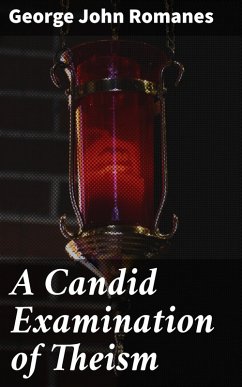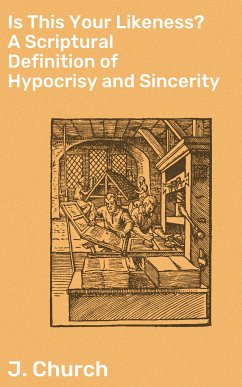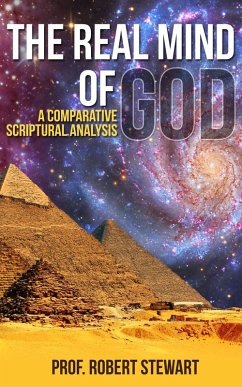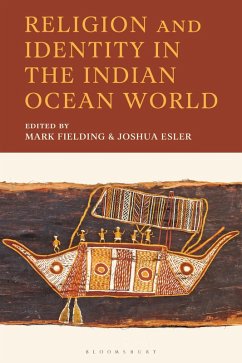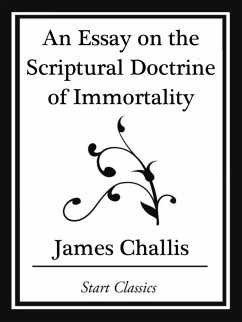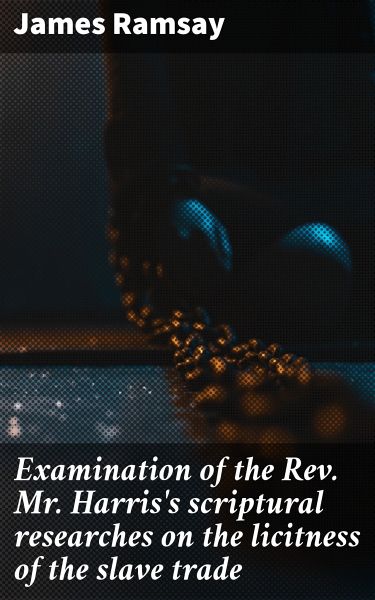
Examination of the Rev. Mr. Harris's scriptural researches on the licitness of the slave trade (eBook, ePUB)
Challenging Religious Justifications for Slavery

PAYBACK Punkte
0 °P sammeln!
In "Examination of the Rev. Mr. Harris's Scriptural Researches on the Licitness of the Slave Trade," James Ramsay dissects the theological underpinnings used to justify slavery, particularly focusing on Mr. Harris'Äôs interpretation of scripture. Employing a meticulous and critical literary style, Ramsay juxtaposes rigorous theological analysis with empirical observations of the slave trade'Äôs moral implications. He effectively situates his arguments within the broader context of the abolitionist movement of the late 18th century, employing both philosophical reasoning and scriptural exeg...
In "Examination of the Rev. Mr. Harris's Scriptural Researches on the Licitness of the Slave Trade," James Ramsay dissects the theological underpinnings used to justify slavery, particularly focusing on Mr. Harris'Äôs interpretation of scripture. Employing a meticulous and critical literary style, Ramsay juxtaposes rigorous theological analysis with empirical observations of the slave trade'Äôs moral implications. He effectively situates his arguments within the broader context of the abolitionist movement of the late 18th century, employing both philosophical reasoning and scriptural exegesis to challenge the ethical validity of slavery from a Christian perspective. James Ramsay, a Scottish physician and a committed abolitionist, was deeply influenced by the harsh realities he witnessed in the Caribbean, where he practiced medicine. His profound empathy for the enslaved people and philosophical questioning of institutional ethics led him to write this critical examination. Ramsay'Äôs background as both a scholar and a physician enriches his arguments with a nuanced understanding of human suffering and moral responsibility, making his work a significant contribution to anti-slavery discourse. I highly recommend Ramsay's examination to readers interested in the intersections of religion, ethics, and social justice. It serves as a powerful intellectual defense against the moral arguments in favor of slavery, making it essential reading for anyone seeking to understand the complex debates surrounding this historical atrocity.
Dieser Download kann aus rechtlichen Gründen nur mit Rechnungsadresse in A, B, BG, CY, CZ, D, DK, EW, E, FIN, F, GR, H, IRL, I, LT, L, LR, M, NL, PL, P, R, S, SLO, SK ausgeliefert werden.





